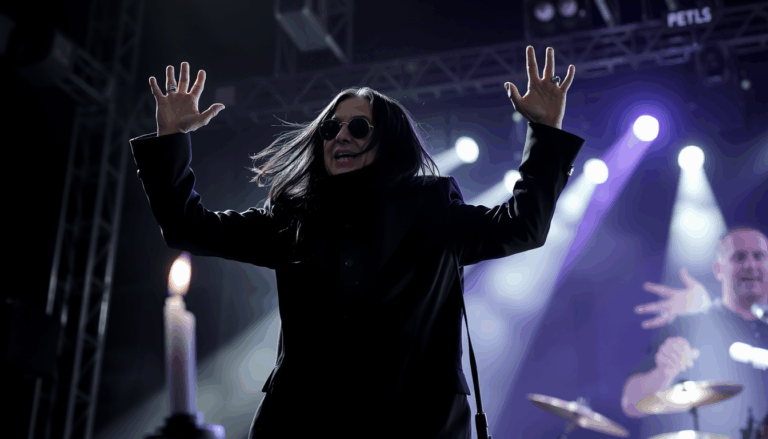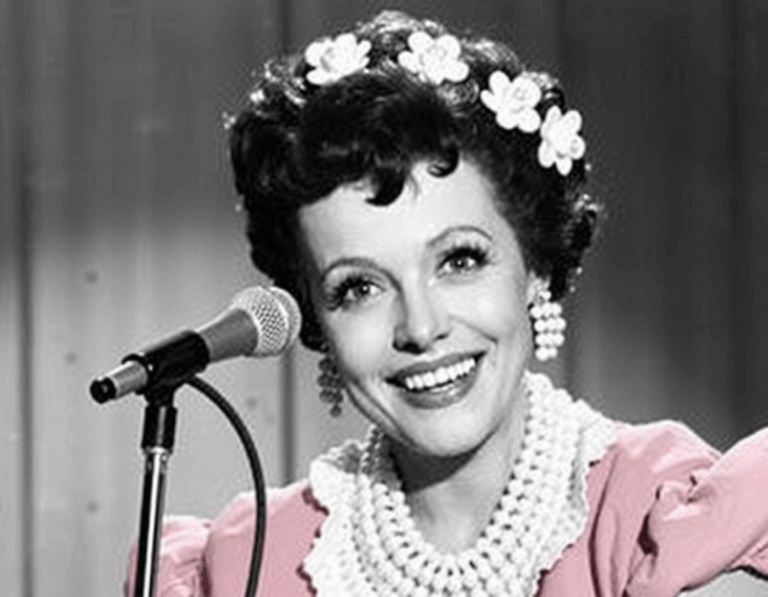On the 15th of October 1941 in Portsmouth, Roosevelt Bernard Douglas was born in the second town in Dominica. Dominica, the largest of the Windward Islands, covers 289 square miles and has approximately 91 miles of coastline. This beautiful island dubbed the ‘Nature Island of the Caribbean’ is 29 miles long and 16 miles wide. The island is situated on the inner volcanic arc of the Lesser Antilles. This political pioneer and humanitarian was the Second child of sixteen children born to former Politician Robert Bernard Douglas and Bernadette Douglas. Roosie, as he was affectionately called, first attended the Portsmouth Government School.
He moved on to the Saint Mary’s Academy in the city and thereafter to the Dominica Grammar School. Soon after he completed his education at the Dominica Grammar School, his father sent him off to Canada to study agriculture. While attending university in Canada, Rosie Douglas would undergo one of the most challenging periods in his life as a young man.
In Canada, he was a student activist, and it was there he found himself in problems with the authorities. He was fighting for the rights of black people, more so Caribbean people whom he and others felt were being discriminated against. For that, he served eighteen months in jail. He could have betrayed his partners and not gone to jail, but he chose to serve his time. He felt that he was doing the right thing to stand up with the other activists.
After his jail sentence, Roosie Douglas was deported from Canada in 1976, in chains. Before he left the country, however, he promised the Government that he would never return to Canada unless he were Prime Minister of Dominica. He would later return, for his dream would become a reality.
Roosevelt Douglas had five children, one girl, and four boys. He never got married but was loved by many. Roosie Douglas loved his family and children, but he had a special love for the destitute and down-trodden man, woman, and child. The pain and suffering of these persons brought out the humanitarian side of Roosie. Many depended on this good Samaritan who gave fully and expected nothing in return. Their cries were his cries; their pain was his pain. The people loved Roosie Douglas, and he gave equal unconditional love in return. He had a love affair with the people and his country that many did not understand. His memory lives on.






